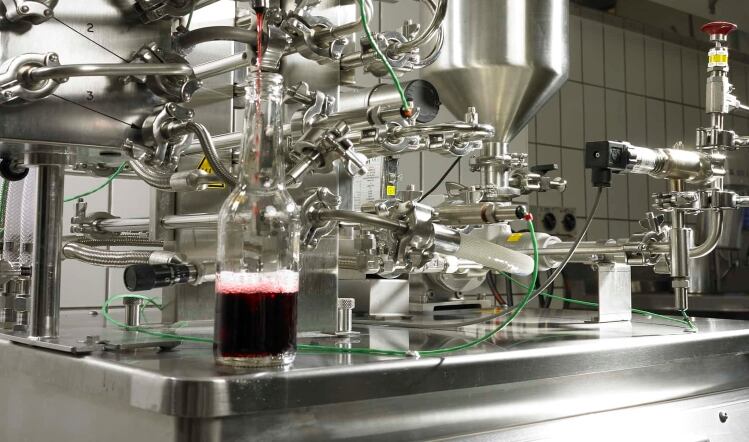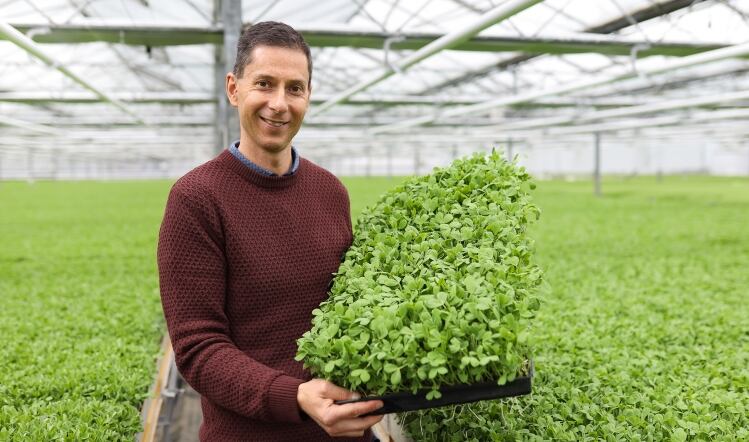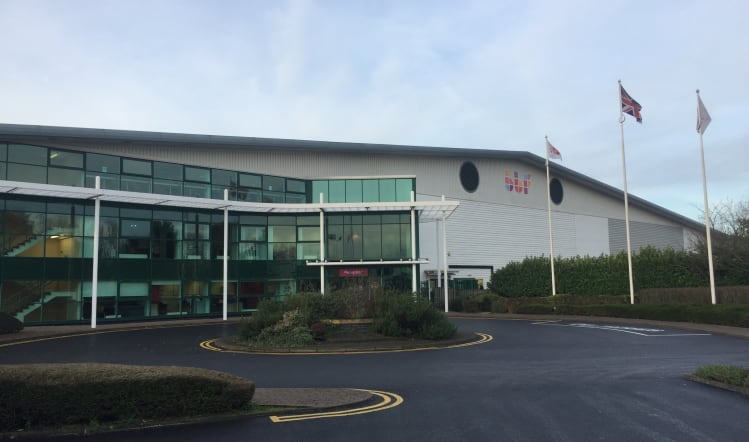The business has launched a project aiming to establish more accurate calculations for the continuous flow process, a commonly used ‘lean’ production method involving moving units through each thermal processing step without interruption.
According to the researchers, there is often room for improvement in the efficiency of the process due to flaws in manufacturers’ calculations.
The study, therefore, could help improve thermal processes and make them safer, helping food manufacturers maintain product quality, reduce energy costs and increase profitability.
Optimisation potential
“Of all the thermal processes, when working with the food and drink industry we see continuous flow processing as one with the greatest potential for optimisation,” said David Whittaker, thermal processing lead at Campden BRI and co-manager of the project.
He explained: “Several assumptions are made when calculating the lethality of these processes, and additional safety factors are often included based on the policies within each individual business.
“We’ve found these additional safety factors can further exceed what’s needed to ensure the process is safe.
“This can result in substantial product over-processing that reduces product quality, reduces run time by increasing fouling and accrues greater energy costs.”
Study focus
The Campden BRI project will examine the main causes of over-processing, such as not accounting for ‘come-up’ or cooling time, and factor these assumptions into continuous process calculations.
The study will also focus on how to monitor, measure and account for lethality contributions in heating and cooling, examining how to accommodate these in continuous process calculations without compromising safety.
A variety of foods will be trialled to ensure the results remain ‘relevant and applicable’ to the products typically manufactured. These include those that are prone to fouling, such as soups and dairy products.
By examining the effects, the researchers aim to create a starting point for food business operators to re-evaluate their continuous flow process based on the product being produced.
Benefits
Following ‘extensive modelling’, Campden BRI aims to produce case studies to demonstrate the potential benefits that an optimised, yet safe, process could yield.
“We believe this research could be a game-changer for validation of continuous processes,” Whittaker said.
“To put it simply, better optimised processes will reduce the chance of equipment being damaged, limit product fouling and reduce processing temperature which will reduce energy use and increase the profitability of a process.”
The results of the research will be shared with delegates at Campden BRI’s relevant training courses and to the wider industry following the project’s end later this year.




